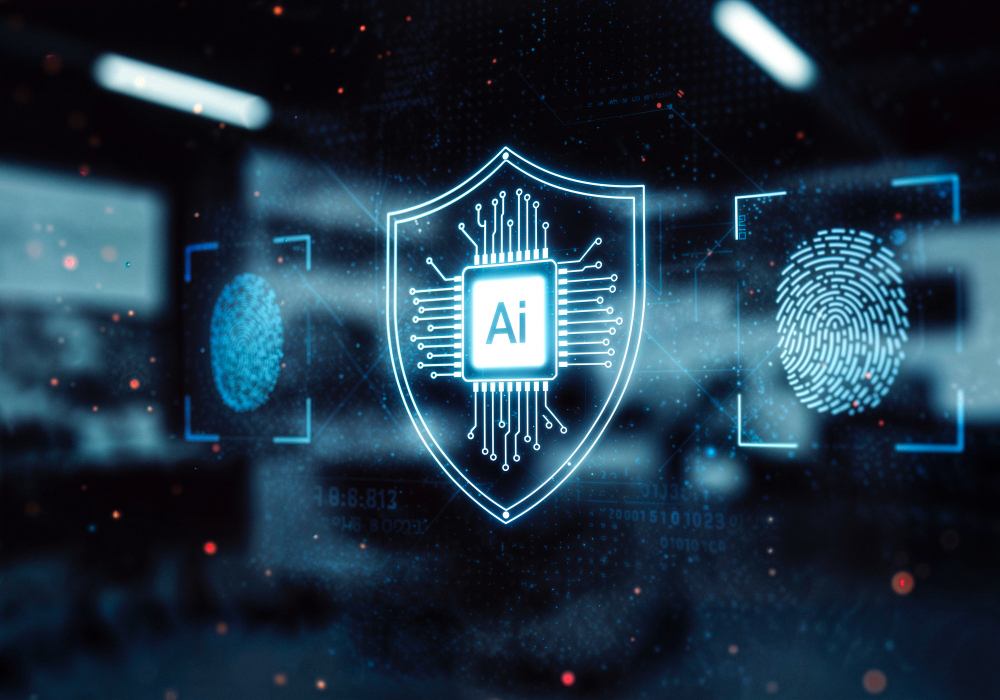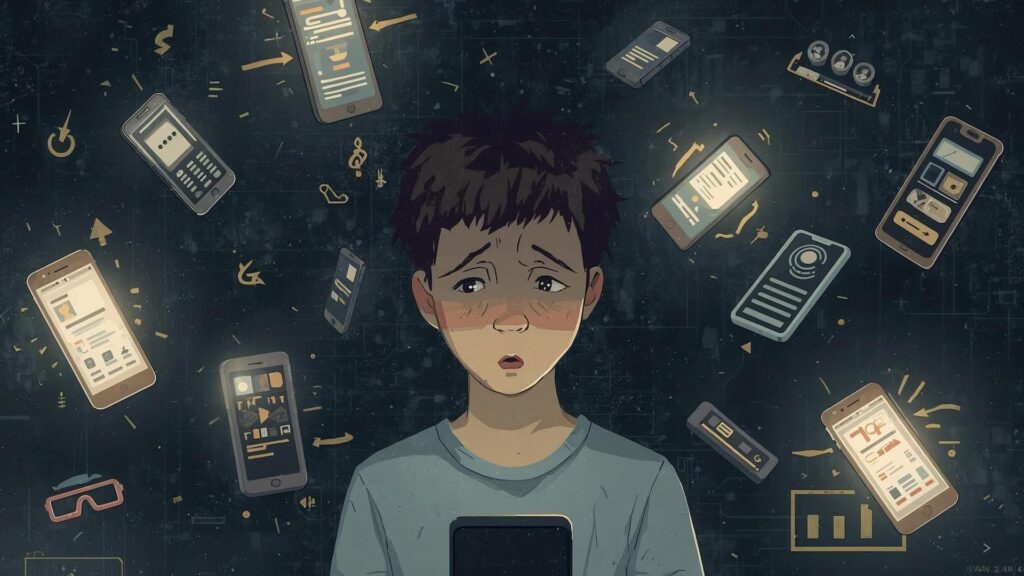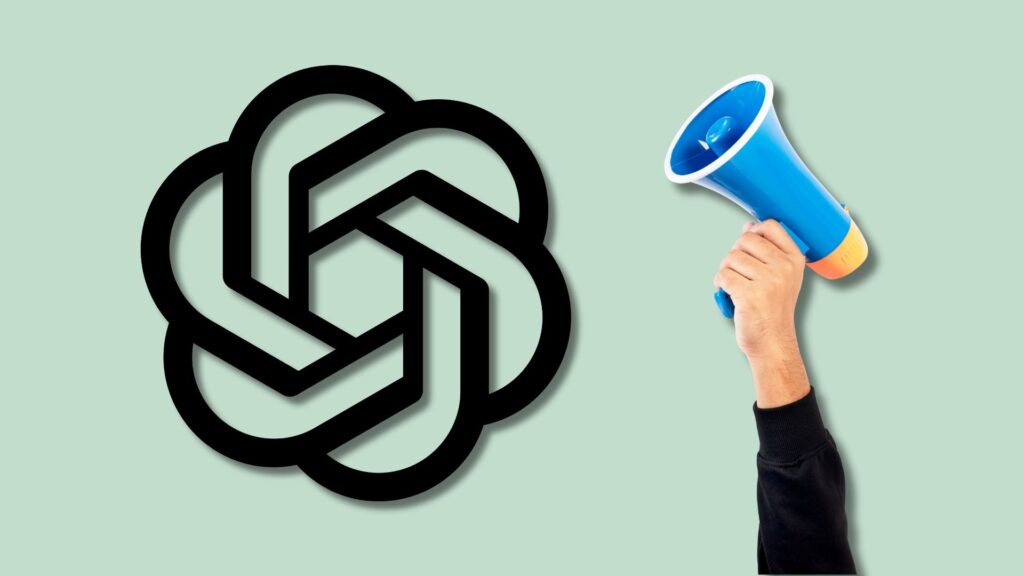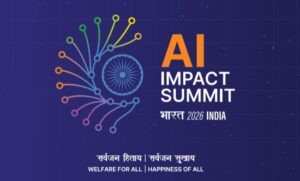Digital Watch Observatory - Digital Governance in 50+ issues, 500+ actors, 5+ processes

An expert warns that the rise of generative AI poses significant risks to information security, urging a reevaluation of data governance and cybersecurity.

Quantum researchers in China have demonstrated control over a fleeting stable phase that could help preserve information inside powerful quantum processors.

New data shows rising digital addiction among Italian teens, prompting debate on social media bans and prevention.

A job-themed phishing attack exploits spoofed Google Forms domains to harvest login information from victims.
Must read
Analysis
The European marathon towards digital sovereignty
The EU is positioning itself as a solid geopolitical player and is now stepping up in terms of digital sovereignty.
Analysis
Moltbook: Inside the experimental AI agent society
The AI agent social network Moltbook is fuelling the hype around autonomous ecosystems while raising security and digital reality concerns.
Analysis
AI in practice across the UN system: UN 2.0 AI Expo
The UN 2.0 Data & Digital AI Expo showcased how UN entities are integrating AI into their work to improve data quality, strengthen governance and enhance decision-making across diverse operational areas.
DW at a glance
FOLLOW
WSIS+20 Process
The year 2025 marks 20 years since the finalisation of the World Summit on the Information Society (WSIS), and a review process looking at 20 years of WSIS outcomes implementation will conclude with a high-level meeting at the UN General Assembly (UNGA), in December. This page keeps track of the process leading to the UNGA meeting in December 2025. It also provides background information about WSIS and related activities and processes since 1998.
Explore the Observatory
Digital Technologies
From internet applications to quantum computing, we focus on advanced and emerging digital technologies which are increasingly reshaping our economies and societies.
Clusters of Policy topics
We unpack digital policy by exploring over 50 topics – from access and sustainable development to network security and the future of work – classified in 7 clusters.
Processes
Follow some of the most important digital policy processes, from the EU's work on the Digital Services Act/Digital Markets Act to the UN Cybercrime Ad Hoc Committee.











